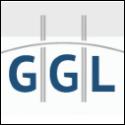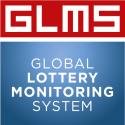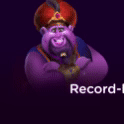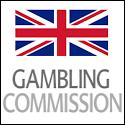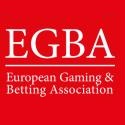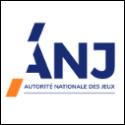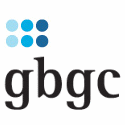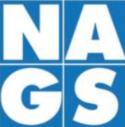Regulation of the German Sports Betting Market: Analysis of the Tax Data for 2022 Reveals….
Ensuring player protection and preventing gambling and betting addiction is among the most important goals of the GGL.
Therefore, the exchange with the state departments for gambling addiction is an important concern. In preparation for the meeting of the country coordinators on March 20, to which the GGL is invited as a guest, the authority ensures transparency on current market developments in the sports betting market.
The reason for this is a recently published press release by the German sports betting association DSWV with its own market figures, according to which the legal sports betting market will have declined significantly in 2022 due to overly strict regulations. This is justified in particular with an increase in the illegal sports betting market. This finding does not correspond to the findings of the GGL. ” According to our market analysis, the channelling rate is well over 95 per cent, which means that apart from less than five per cent, the betting stakes are placed with the permitted sports betting providers according to the tax data of the Federal Ministry of Finance,” says CEO Ronald Benter.
According to an analysis by GGL, the sports betting market fell by around 5 per cent in 2022 compared to 2021 and is now back at the level of 2019. According to the authority, this has the following reasons:
After the number of sporting events fell in the spring of 2020 due to Corona, there was a great need to catch up in 2021, also due to the postponement of the European Championship from 2020 to 2021. Sales increased by around 16 per cent in 2021.
From GGL’s point of view, the fact that there was another downturn overall in 2022 is also due in particular to the fact that the World Cup in Qatar was not able to generate the usual enthusiasm among the German audience. However, this lack of enthusiasm was not exclusively due to the departure of the German national team, as quoted by the DSWV. Factors here were above all the criticism of the awarding of the World Cup and the generally rather critical attitude of many players during the World Cup.
Development of the black market:
Board member Benjamin Schwanke explains: “We cannot find any crowding out of legal offers by illegal offers. The illegal websites mentioned by the DSWV are known to us and will be prosecuted under gambling law and, if necessary, passed on to public prosecutors, tax offices and the Central Office for Financial Transaction Investigations (FIU). According to current tax data, these illegal providers have a very small market share of less than five per cent.”
In addition, there are stationary betting agencies that do not receive permission from the federal states but are still active. It is the task of the federal states to take action against these unauthorized betting agencies.
Schwanke adds: “The fact that the DSWV calls for fewer restrictions and a rethinking of legal regulation is a reaction to the fact that the permitted providers have had to adhere to strict rules since the 2021 State Treaty on Gaming. This may give the subjective impression that the providers are restricted in their actions by these rules. However, the numbers speak a different language. The regulation has no economic impact. The level of sales at legal betting providers in 2022 will be at the level of previous years. 2021 is to be assessed as a special effect. The new rules are made to protect players. That should also be in the interest of betting providers.”
The task of the GGL is to implement the regulatory measures of the State Treaty on Gaming 2021 with the aim of curbing betting addiction and ensuring the integrity of the sport. The aim is to create a legal, secure sports betting market and to ensure fair competitive conditions for legal providers.
“The GGL is picking up speed in the fight against illegal gambling, also in the area of sports betting and the corresponding advertising. We will make success measurable on the basis of the data collected at GGL,” says Benter.
GGL is in talks with all stakeholders, also on any necessary adjustments to the legal framework. Whether and, if so, which changes are necessary would have to be proven accordingly. The statutory evaluation of the State Treaty on Gambling serves this purpose, for which there is already a concrete timetable.
SOURCE: Die Gemeinsame Glücksspielbehörde der Länder (GGL)

















